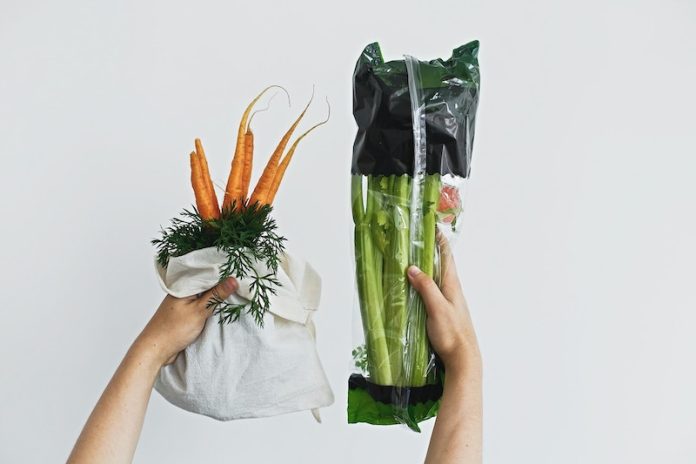
Imagine losing your ability to see your loved ones, to read, or to watch the sunset – a reality that many elderly people face as they experience a significant loss of vision due to age-related macular degeneration (AMD).
In the United States alone, AMD stands out as a primary culprit behind blindness among the senior population, presenting a pressing issue especially considering the anticipated growth of this demographic by 2050.
Exploring methods to safeguard their vision becomes not only essential but urgent.
Discovering the Nitrate Connection
In an endeavor to explore potential protective strategies against AMD, the National Eye Institute turned its lens towards examining the potential link between dietary nitrates and the progression of this eye disease.
To substantiate their research, data from two extensive studies, AREDS and AREDS2, which involved nearly 7,800 participants, became their focal point.
A meticulous analysis revealed a fascinating pattern: individuals consuming higher nitrates in their diets exhibited a lower tendency for their AMD to exacerbate.
Furthermore, these nitrate-rich diets seemed to act as a shield against developing two severe forms of AMD, GA and nAMD.
However, it’s crucial to note that the protective nitrate effect seemed specifically attuned to AMD and did not showcase benefits for other ocular issues.
Mediterranean Diet: An Unintended Shield?
Upon deeper reflection, researchers hypothesize that the renowned Mediterranean diet might be unknowingly armoring individuals against AMD, thanks to its generous inclusion of plant-based foods which are naturally rich in nitrates.
This diet, characterized by a hearty consumption of fruits, vegetables, olive oil, and whole grains, isn’t just a potential unsung hero for eye health but has also been heralded for various other health perks such as cognitive preservation and promoting longevity.
The emphasis on plant-based foods might be an inadvertent yet potent protective factor for the eyes. Additionally, while exploring avenues for holistic health and especially eye protection, various other nutritional elements emerge as noteworthy.
Vitamin B, for instance, has been spotlighted for its potential role in stemming the tide of vision loss, while other components like olive oil and vitamin D boast their distinct health advantages.
Embracing Nutritional Choices for Visual Wellness
Published in JAMA Ophthalmology and guided by Geoffrey K. Broadhead and his team, this research illuminates a significant narrative about how intentional dietary choices might become our allies in preserving our vision as we gracefully age.
It suggests that the path to potentially mitigating the risk and progression of AMD might, in part, be navigated through our dietary choices, especially those rich in nitrates.
In an era where health-consciousness is becoming increasingly prevalent, understanding and leveraging the intricate relationship between our diets and health outcomes like AMD could be pivotal.
It advocates for a perspective where each meal doesn’t just satiate our appetite but also becomes a conscious step towards nurturing our health and, in this context, preserving the window through which we perceive the world – our eyes.
Navigating through an ocean of nutritional information and advice can sometimes feel overwhelming. Yet, as research like this surfaces, it provides tangible, practical insights into how modifying our dietary practices can concretely impact our health and well-being, potentially allowing us to see, quite literally, into a brighter future.
If you care about eye health, please read studies about how to save your eyes from diabetes, and the treatments of dry eye you need to know.
For more information about health, please see recent studies about how to protect your eyes from glaucoma, and results showing this olive oil could reduce blood pressure in healthy people.
Follow us on Twitter for more articles about this topic.
Copyright © 2023 Knowridge Science Report. All rights reserved.



